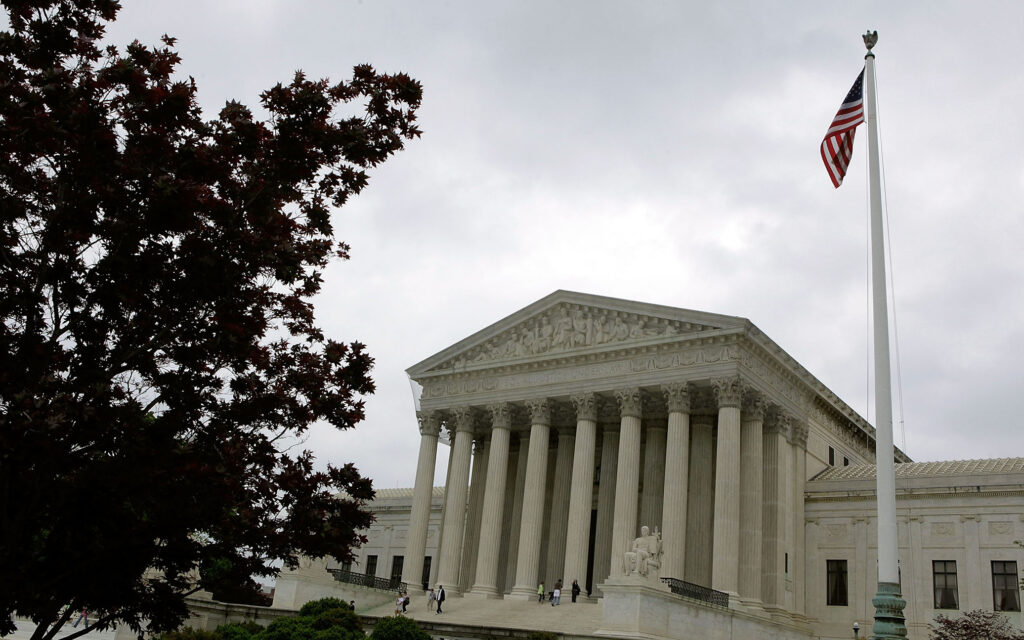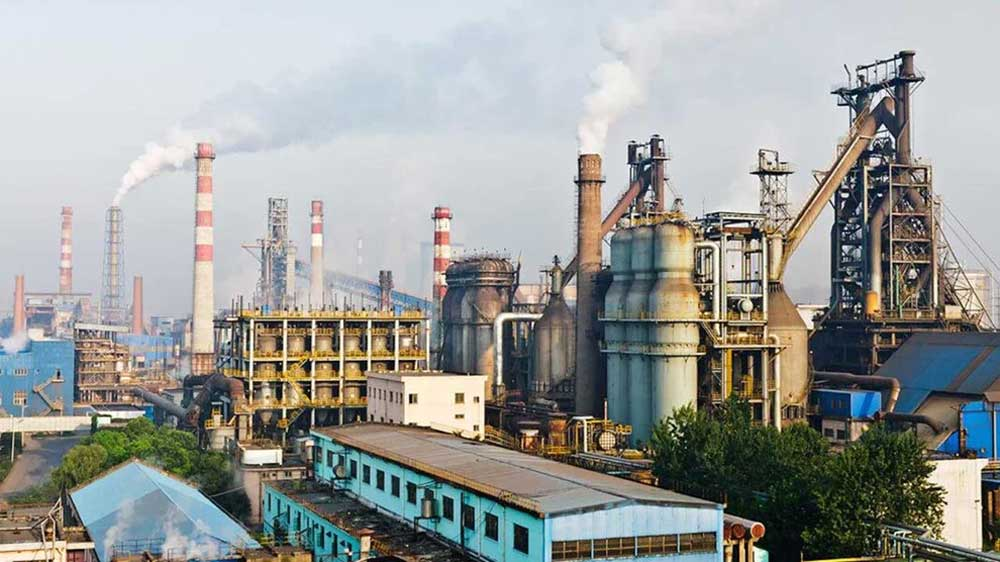A court in Greece has dropped the trial of nine Egyptian men accused of causing the largest Mediterranean migrant shipwreck in a decade. Judges in the southern port city of Kalamata ruled they did not have jurisdiction because the vessel sank in international waters.
The Adriana, an overcrowded fishing boat, sank last June while en route to Europe from Libya, resulting in the feared drowning of over 600 people. The accused faced life imprisonment if convicted of people-smuggling and causing the boat’s sinking. Protesters outside the court cheered as the judges’ decision was announced.
The indictment, reviewed by the BBC, indicated that the prosecution’s case relied on evidence contradicted by at least six survivors. These survivors alleged that the coastguard had caused the boat to capsize and then pressured them to incriminate the Egyptians.

Human rights organizations, including Amnesty International and Human Rights Watch, have expressed serious concerns about the integrity of the Greek investigation and the evidence, questioning whether the defendants would receive a fair trial.
The Greek coastguard has consistently denied that their actions caused the disaster, and the authorities have rejected all claims of wrongdoing or a cover-up. These allegations are currently being reviewed by the Greek Naval Court.
The nine Egyptian defendants, aged between 20 and 41, were on trial starting Tuesday. They were aboard the Adriana when it sank in international waters within Greece’s designated rescue area on June 14 last year.
The prosecutor conceded that there was no legal basis to try the men since the ship sank outside of Greek waters, albeit within the Greek rescue zone.
Eighty-two bodies were recovered, but the United Nations estimates that an additional 500 people, including 100 women and children in the boat’s hold, may have died. The boat, carrying up to 750 migrants, had set off nearly a week earlier from Tobruk, Libya.
The Greek coastguard monitored the migrant boat for at least seven hours before it sank, later stating that they did not attempt a rescue because the vessel was traveling safely at a “steady speed” and on a “steady course” to Italy, with passengers reportedly not in danger.
However, a previous BBC investigation raised serious doubts about these claims.
When questioned by the BBC last November, Greek Prime Minister Kyriakos Mitsotakis said the allegations were under investigation but maintained that the smugglers were to blame. “Our coastguard has saved tens of thousands of people at sea, and we should be grateful for the work they do,” Mr. Mitsotakis stated.
The condition of the boat was central to the prosecution’s case. The indictment obtained by the BBC reveals that Greek prosecutors accused the nine Egyptians of causing the disaster by operating an extremely overcrowded vessel, which they knew posed an obvious danger to life.
“The fishing vessel was not seaworthy as it was old and badly maintained and not fit to transfer such a large number of people, especially for such a huge distance while there were no life jackets,” the indictment reads.
The prosecution argued that each defendant took turns steering the vessel and was aware that the severe overcrowding on both the deck and in the hold was compromising stability.
In response to criticism for not doing more to help, the Greek coastguard maintained last summer that the migrant boat was safe and traveling steadily towards Italy, therefore not requiring a rescue.



























